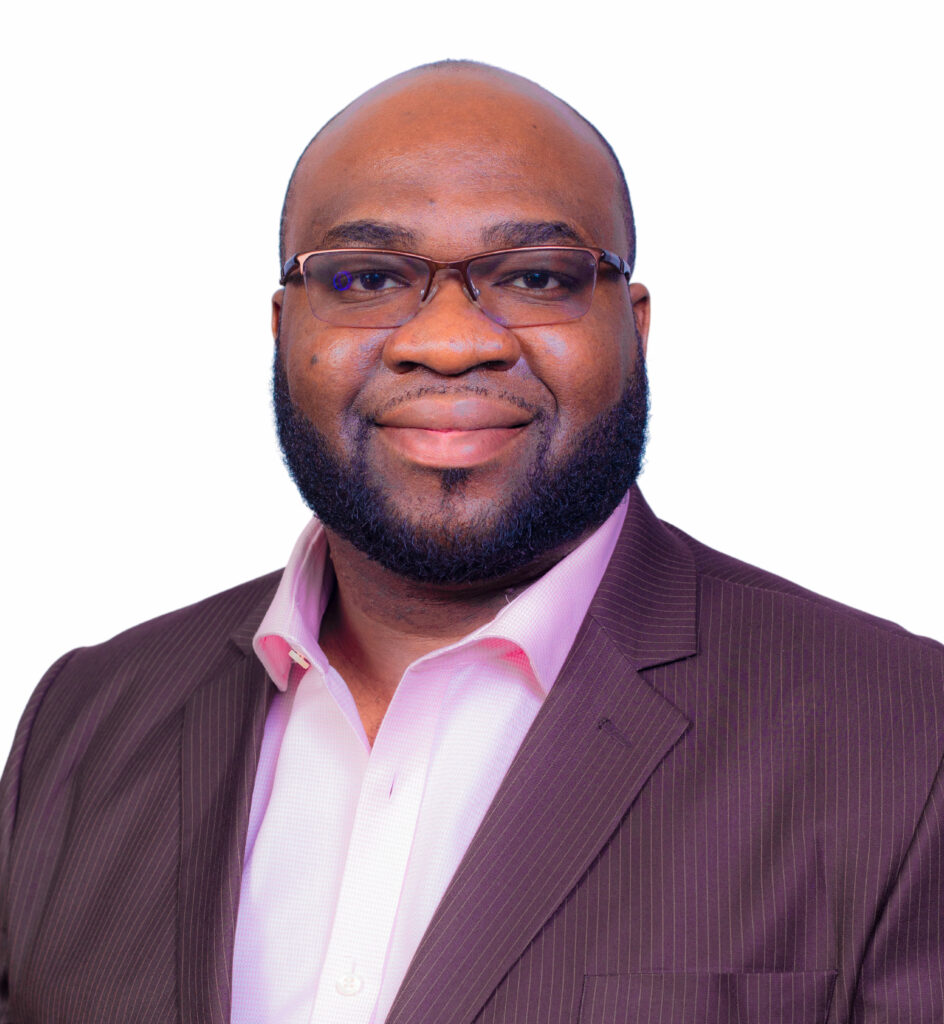Poor Open Book Review Erodes Credibility of Electricity Tariff Increase, makes Review Imperative

By Dr. Wisdom Enang
The recent 240% increase in electricity tariffs for Band A consumers in Nigeria, effective April 1, 2024, has sparked widespread outrage and concern among citizens. The Nigerian Electricity Regulatory Commission (NERC) has approved the hike, allowing power distribution companies (DisCos) to charge N225 ($0.15) per kilowatt-hour, up from N68. This move is part of the federal government’s plan to implement cost-reflective energy tariffs, reduce government spending in the sector, and attract investments to fix the nation’s power value-chain. However, the timing and methodology of the tariff increase have raised several questions and concerns among consumers, who are already grappling with poor power supply and uncertain economic conditions. As the government and regulatory authorities push for higher tariffs, it is essential to examine the implications of this move, the lack of transparency in the decision-making process, and the need for a more comprehensive approach to address the challenges facing the electricity sector. This viewpoint by Dr. Enang highlights the critical areas that need urgent review and amendment.
Following the 240% increase in electricity tariff by the Nigerian Electricity Regulatory Commission (NERC) for Band A consumers in the country, which allows power distribution companies (DisCos) to raise electricity tariffs for affected customers to N225 ($0.15) per kilowatt-hour from N68 (effective April 1, 2024), there are strong indications that the federal government is set to implement close to a 300% tariff increase, and even more in the months to come, in a bid to ensure cost-reflective energy tariffs, reduce government spending within the electricity sector, and attract the much-needed investments required to fix the nation’s power value-chain.
Band A consumers, who represent just 15% of the electricity-connected population, consume around 40% of the Nation’s power supply, and enjoy between 20 to 24 hours of power supply daily.
Similarly, Band B consumers are those who enjoy about 16 hours of power supply daily, while Band C, D and E consumers enjoy about 12, 8 and 4 hours of daily power supply respectively.
The current 240% tariff increase affects only the Band A consumer category, while the tariff for Band B, C, D and E consumers remains unchanged for now, although there are strong indications that this may not be the case for long, as the federal government intends to remove all subsidies in the power sector, to reduce government spending in the sector, ensure cost-reflective energy tariffs, and increase investments in the sector.
It’s noteworthy that this move comes amid ongoing efforts by the federal government and regulatory authorities to address the challenges facing the electricity sector, including revenue shortfalls and the need for new infrastructure and improved infrastructure maintenance.
Expectedly, this tariff increase has somehow engendered anger across the country, especially given the poor state of power supply in the nation, with no concrete guarantees for a more stable power supply in the immediate future.
While no reasonable person will kick against electricity companies being allowed to recover their genuine costs when setting tariffs, an open book review of all the costs of the DisCos should have first been conducted by the NERC, before the approval and implementation of the tariff increase.
The last time any open book review of the operations of DisCos was performed was for the period 2015-2019 and yet, findings and recommendations of this report are yet to be disclosed to the public or implemented.
Why have the findings and recommendations of this report not been released to the public? Why has NERC failed to conduct any thorough investigation for the period 2019-2023?
Even more worrisome is the fact that the recent tariff increase is not coming against the backdrop of a thorough investigation from the NERC to confirm that the customers categorized under Band A by the DisCos actually get at least 20 hours of power supply daily. Also, it is on record that no DisCo has ever been penalized for failing to meet its obligation to consumers on any of the categorization bands.
The concern is how competition will be stimulated in the power sector if the same tariffs apply to every DisCo without separating those who merit an increase from those who do not. The short notice and lack of proper communication to the affected customers, prior to the tariff increase is also abhorrent.
Overall, there are also several unknown factors, for which the agitating public urgently needs clarity. For example, how did the NERC determine that N225/kWh is the full economic cost of the DisCos? If it is not the full cost, what is the full cost, and who is going to cover the balance? Also, what mechanisms are in place to ensure that the Band categorization of consumers is reviewed and adjusted regularly, to ensure fairness and consumer protection?
The claim by NERC that 50-60% of electricity costs in Nigeria are dollarized is doubtable as we may all wonder whether there will be a downward tariff review if the Naira appreciates further,
As consumers brace up themselves for the impact of the tariff hike on the nation’s economy, the NERC must increase scrutiny and transparency regarding how the additional revenue generated will be utilized to improve service delivery and address the long-standing issues plaguing the electricity sector like the need for new infrastructure, and improved infrastructure maintenance.
Engr. (Dr.) Wisdom Enang is an exemplary leader, technocrat and astute scholar. He obtained his Undergraduate, Masters and Doctorate degrees in Mechanical Engineering from the University of Bath, in the UK. He currently serves as an Energy Consultant and a Senior Analyst to several International Energy Companies and Energy Media Outlets. He also serves as an adjutant Professor of Energy Engineering with the University of North Dakota USA. Prior to this, Dr. Enang oversaw the operations and maintenance of 24 shallow-water oil and gas assets in Nigeria.


